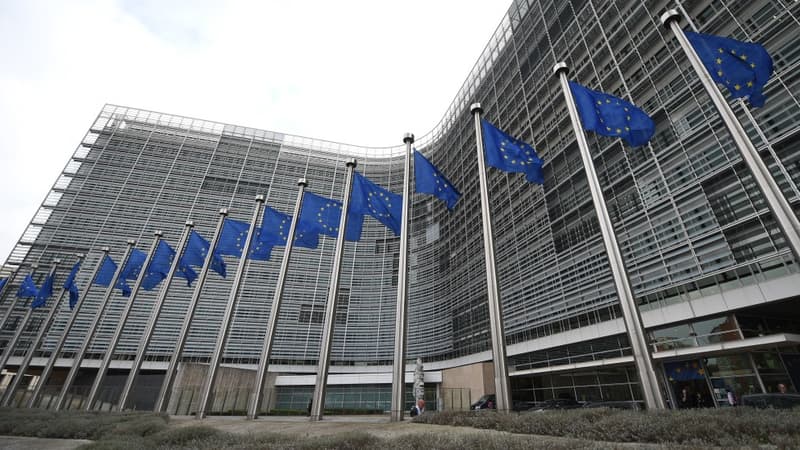The 27 member countries of the EU seek on Tuesday to unblock negotiations on the reform of the European electricity market, weighed down by Franco-German differences over support for nuclear energy. “Our commitment is to reach an agreement today. There is no reason to justify a new postponement,” insisted Spanish Energy Minister Teresa Ribera before a meeting in Luxembourg with her European counterparts.
French President Emmanuel Macron welcomed last week, after a meeting with German Chancellor Olaf Scholz, the willingness of the two countries to conclude an agreement “before the end of the month.” “Intense” bilateral talks have taken place since then, but reaching an agreement remains uncertain.
A new proposal from the Spanish presidency of the EU completely eliminates from the text the controversial issue of the support system for existing nuclear power plants, unacceptable for Berlin, which wants to regulate this system at European level to avoid distortions of competitiveness.
Opposition between Berlin and Paris over “contracts for differences”
Following the rise in electricity prices last year, the reform aims to reduce household and business bills thanks to long-term contracts to soften the impact of gas price volatility. It is also about ensuring greater predictability for investors: any public support for new investments in the production of carbon-free electricity would be done through “contracts for differences” (CFD) at a price guaranteed by the State. In this mechanism, if the wholesale market price is higher than the set price, the electricity producer must return the additional income obtained to the State, which can redistribute it. If the price is lower, the State pays compensation.
However, the initial proposal extended these CFDs to investments aimed at extending the useful life of existing nuclear plants. A cause for alarm for Berlin: Germany, which has abandoned nuclear energy, fears competition, which it considers unfair, from French electricity, which has become more competitive thanks to enormous public support. On the contrary, the issue is crucial for France, eager to finance the repair of its aging nuclear fleet and keep prices low, an important asset for its manufacturers.
“Capacity mechanisms” are also debated.
This debate comes at a time when European manufacturers are worried about their competitiveness, amid rising energy prices and massive subsidies for green industries in the United States. In a counterproposal presented on Tuesday, Robert Habeck defended the imposition of European criteria on all CFDs applied to existing power plants, “ensuring that the revenue generated does not distort the conditions of competition” when redistributed to the industry, under strict supervision. from Brussels.
France intends to benefit from its energy options, at a time when Germany is suffering both from the loss of Russian gas imports, on which it had become dependent, and from the abandonment of nuclear energy, which forced the reactivation of coal. “There are doubts about the risk of distortions of competition. I am very surprised: the cost of historical nuclear energy is in the same waters as the cost of renewable installations”, wind and photovoltaic, said the French Minister of Energy. , Agnès Pannier-Runacher.
If the text can be validated by a qualified majority of States, Madrid intends to have the approval of Paris and Berlin. Suspended from the commitment of the two powers, some countries do not hide their anger: “The EU is not limited to France and Germany,” lamented Belgian Minister Tinne van der Straeten.
Another topic was discussed: “capacity mechanisms” that allow States to remunerate the unused capacity of power plants to guarantee their continuous activity and avoid future electricity outages. Several countries want to be exempt from the planned ecological limitations, in particular Poland, which wants to apply this tool to its coal-fired power plants.
Source: BFM TV


